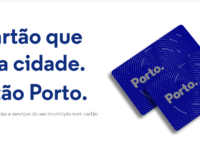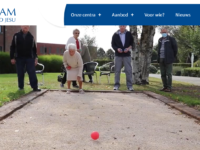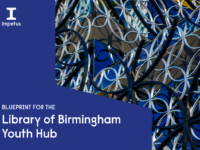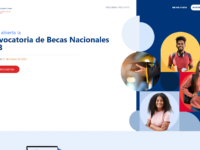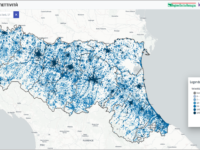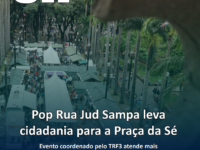Case Study
A network-based Competence Centre for Sustainable and Innovative public procurement in Finland
The Finish Government established a network-based Competence Centre for Sustainable and Innovative Public Procurement (KEINO) in 2018. The Centre provides, free of charge, advisory services to public procurers, promotes the strategic importance of procurement competencies in public management, facilitates creation of buyers’ groups among procurers, and disseminates information and good practices. The network consists of five public organisations.

